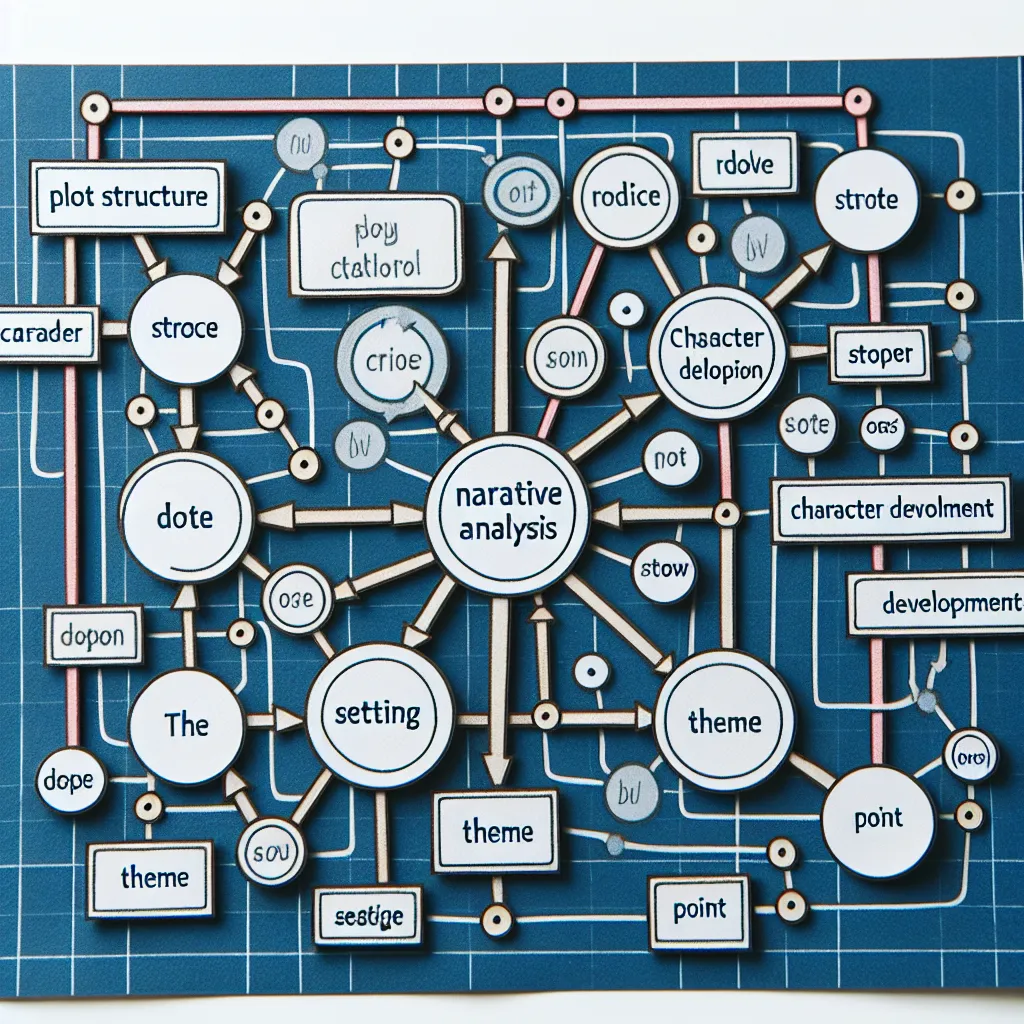Professional networking events offer excellent opportunities to enhance your English language skills while building valuable business connections. Whether you’re a non-native English speaker looking to improve your fluency or a professional aiming to refine your business English, these events can be invaluable learning experiences. This guide will provide you with practical strategies to make the most of these occasions and boost your English proficiency.
 Professional networking event conversation
Professional networking event conversation
Understanding the Importance of English in Professional Networking
In today’s globalized business world, English serves as the lingua franca for international communication. Proficiency in English can significantly enhance your career prospects and open doors to new opportunities. Professional networking events, where English is often the primary language of communication, provide an ideal platform to practice and improve your language skills in a real-world context.
Benefits of Practicing English at Networking Events
- Real-time language immersion
- Exposure to industry-specific vocabulary
- Opportunity to practice active listening and speaking
- Confidence building in professional settings
- Cultural exchange and understanding
Preparing for the Event
Proper preparation is key to maximizing your English practice at networking events. Here are some essential steps to take before attending:
Research the Event and Attendees
- Study the event agenda and topics
- Look up key speakers and their backgrounds
- Familiarize yourself with industry news and trends
Brush Up on Relevant Vocabulary
- Review industry-specific terms and jargon
- Practice pronunciation of challenging words
- Prepare a list of common networking phrases
Craft Your Elevator Pitch
An elevator pitch is a brief, persuasive speech about yourself and your professional background. Practice delivering it in English to introduce yourself confidently at the event.
Example elevator pitch:
“Hi, I’m Sarah. I’m a software engineer specializing in AI applications for healthcare. I’m currently working on developing algorithms to improve early disease detection. I’m always eager to learn about new developments in the field and exchange ideas with fellow professionals.”
Strategies for Practicing English During the Event
Once you’re at the networking event, implement these strategies to make the most of your English practice:
1. Initiate Conversations
Don’t wait for others to approach you. Take the initiative to start conversations using simple icebreakers:
- “What brings you to this event?”
- “What did you think of the keynote speech?”
- “I found the presentation on [topic] fascinating. What’s your take on it?”
2. Active Listening and Responding
Pay close attention to what others are saying and practice active listening techniques:
- Maintain eye contact
- Nod and use facial expressions to show engagement
- Paraphrase what you’ve heard to confirm understanding
Example:
Speaker: “Our company is exploring new markets in Southeast Asia.”
You: “That sounds interesting. So, if I understand correctly, you’re looking to expand your business in countries like Vietnam and Thailand?”
3. Ask Open-Ended Questions
Encourage longer responses and deeper conversations by asking open-ended questions:
- “How do you see [industry trend] impacting our sector in the coming years?”
- “What challenges have you faced in implementing [specific technology/strategy]?”
- “Could you tell me more about your experience with [topic]?”
4. Practice Small Talk
Small talk is an essential skill in networking. Use these topics to keep conversations flowing:
- Current events (avoid controversial topics)
- Industry trends
- Recent conferences or events
- Professional goals and aspirations
5. Use Body Language Effectively
Non-verbal communication is crucial in English-speaking cultures. Practice these body language tips:
- Maintain an open posture
- Smile and make eye contact
- Use appropriate gestures to emphasize points
6. Embrace Mistakes and Learn from Them
Don’t be afraid to make mistakes. Most native English speakers appreciate the effort and are often willing to help:
- If you’re unsure about a word or phrase, ask for clarification
- Thank people for correcting your English
- Make mental notes of new words or expressions you encounter
Leveraging Technology for Language Support
While it’s best to rely on your own skills, technology can provide backup support:
- Use language apps for quick vocabulary checks
- Have a digital dictionary on hand for unfamiliar terms
- Consider using a translation app for emergency situations, but use sparingly
For more tips on using technology to enhance your English learning, check out our article on tips for learning English through social media.
Follow-Up and Continued Practice
After the event, reinforce your learning:
- Review business cards and connect on professional networks
- Follow up with new contacts in English via email
- Reflect on conversations and note new vocabulary or phrases
- Set goals for improvement before the next networking event
For additional strategies on enhancing your business English, visit our guide on tips for mastering English in business communication.
Conclusion
Professional networking events offer a unique and valuable opportunity to practice English in a real-world, professional context. By preparing thoroughly, actively engaging in conversations, and embracing the learning process, you can significantly improve your English skills while building important business relationships. Remember, every interaction is a chance to learn and grow. Approach each networking event with confidence and an open mind, and you’ll find your English proficiency improving with each conversation.
Don’t forget to share your experiences and any additional tips you may have in the comments below. Happy networking and language learning!




